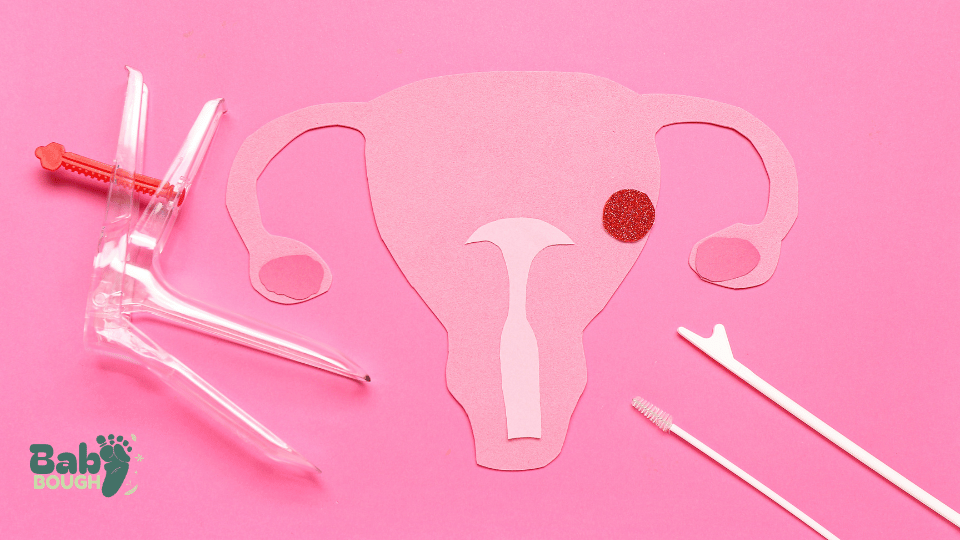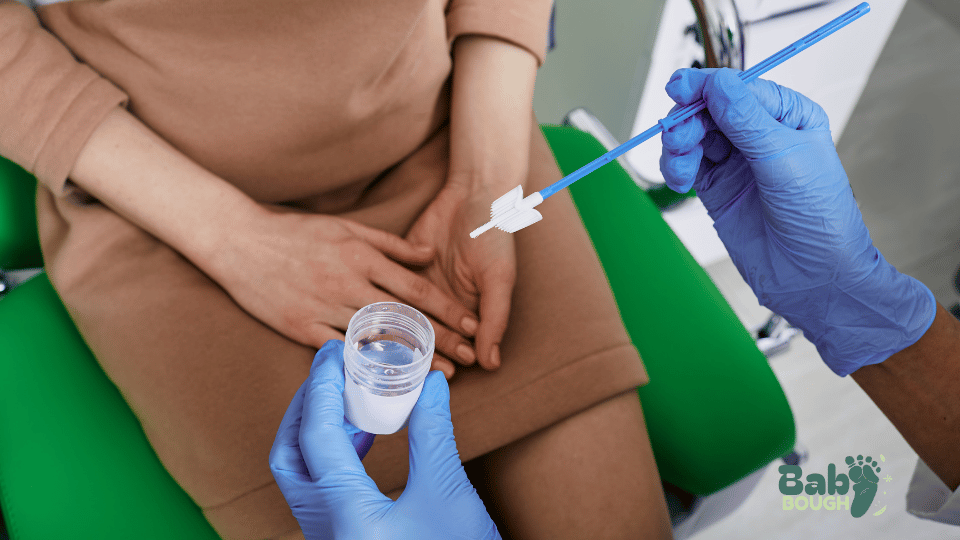
Cervical health is a crucial aspect of overall well-being for women, and Pap smears play an essential role in detecting abnormal cell changes that could lead to cervical cancer. For many women, pregnancy adds a layer of questions and concerns about whether it’s safe to have a Pap smear during different stages. The reassuring news is that Pap smears are safe and often recommended before, during, and after pregnancy. Understanding when and why Pap smears are performed can help you feel confident in maintaining your cervical health through this transformative time. In this blog, we’ll discuss the importance of Pap smears, their safety before, during, and after pregnancy, and tips for what to expect.
The Importance of Pap Smears for Cervical Health
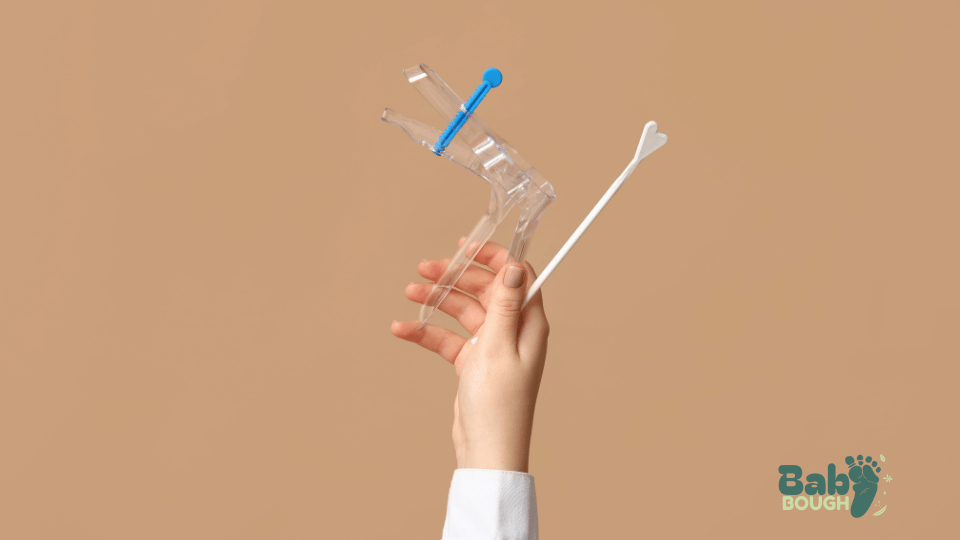
A common screening method for identifying abnormal cells on the cervix that may develop into cervical cancer is a Pap smear, often known as a Pap test. Early detection through Pap smears is key to preventing serious health complications and ensuring timely intervention if needed. Typically, Pap smears are recommended for women starting at age 21 and continuing every three to five years, depending on medical history and risk factors.
Maintaining regular screenings helps ensure your reproductive health is in optimal condition, whether you’re planning a pregnancy, currently pregnant, or have recently given birth.
Pap Smears Before Pregnancy: Preparing for a Healthy Start

If you’re planning to conceive, it’s important to have a clear picture of your reproductive health. A Pap smear before pregnancy can identify any pre-existing issues, such as abnormal cervical cells, that might need treatment before becoming pregnant. This step helps ensure a healthy pregnancy and peace of mind as you move forward with your plans.
Why It’s Safe: A Pap smear is minimally invasive and doesn’t affect your fertility or your ability to conceive. It’s a straightforward procedure that takes only a few minutes and provides valuable information about your cervical health.
What to Expect: Your healthcare provider will use a speculum to gently open the vaginal canal and collect cells from your cervix using a small brush or spatula. The sample is sent to a lab for analysis, and you’ll receive results within a few days to a week.
Pregnancy and Pap Smears: Essential Information
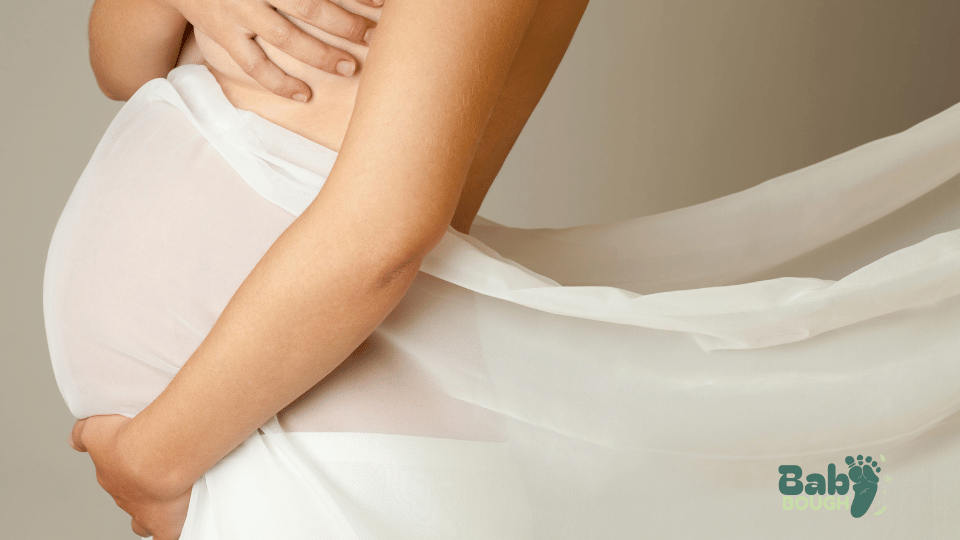
You might be wondering if getting a Pap smear during prenatal appointments is safe if you are already pregnant. The answer is yes—Pap smears are safe and can be an essential part of early prenatal care, especially if you haven’t had one recently. Ensuring that your cervix is healthy can help your doctor monitor your pregnancy more effectively.
Why It’s Safe: During pregnancy, a Pap smear only involves the surface of the cervix and does not interfere with the baby or the developing pregnancy. It is conducted gently to minimize any risk of discomfort or spotting, which is common due to increased blood flow in the cervix during pregnancy.
What to Expect: While the procedure is similar to a standard Pap smear, you may experience slight sensitivity or light spotting afterward. This is normal and usually subsides quickly. If you notice heavier bleeding or persistent discomfort, contact your healthcare provider.
Pap Smears After Pregnancy: Continuing Your Health Routine
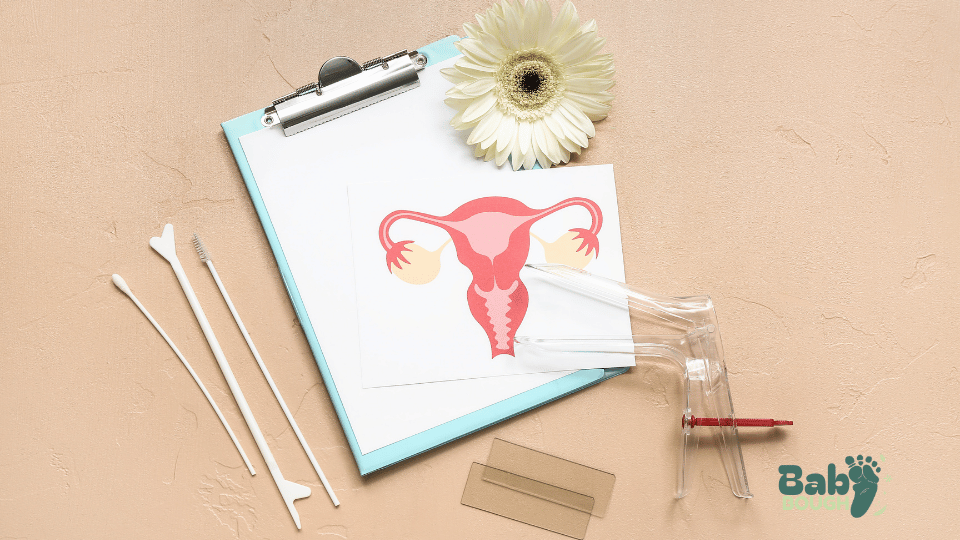
Postpartum care is just as vital as prenatal care, and this includes keeping up with your regular Pap smears. Your body goes through significant changes during and after pregnancy, so maintaining cervical health is crucial. Your doctor will guide you on when to schedule your next Pap smear based on your personal medical history and the results of any recent tests.
Why It’s Safe: Pap smears after pregnancy are safe and often a part of routine postnatal care. They help detect any changes that may have occurred during pregnancy or after delivery, ensuring your long-term health.
What to Expect: The process is the same as any standard Pap smear. Depending on how your body is healing after delivery, you might experience mild discomfort, but it should not be painful. If you’re breastfeeding, hormonal changes can make the cervix slightly more sensitive, so let your doctor know if you have any concerns.
Advice for a Relaxed Pap Smear Procedure
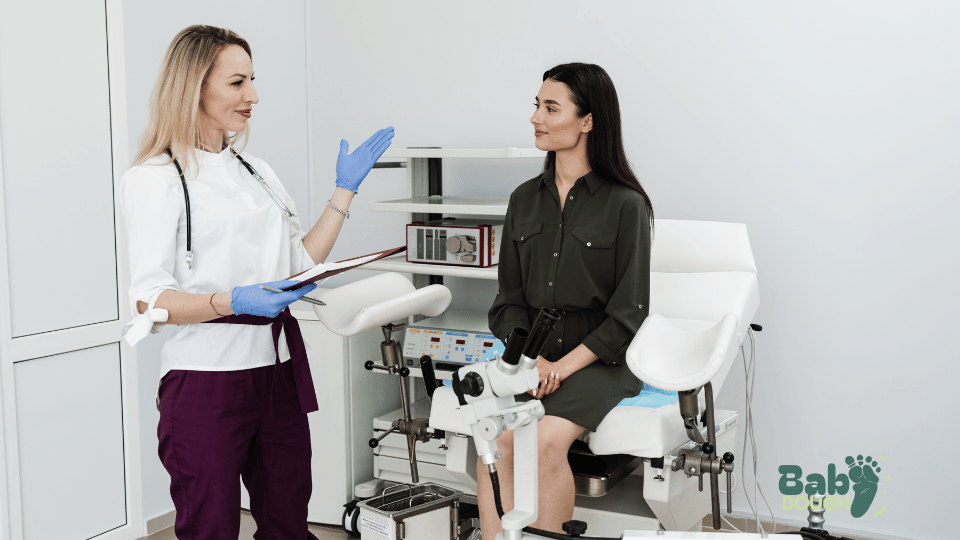
Regardless of whether you’re having a Pap smear before, during, or after pregnancy, following these tips can help make the experience more comfortable and effective:
- Schedule Smart: Try to book your appointment when you’re not menstruating, as blood can affect the accuracy of the test.
- Communicate Openly: Let your doctor know if you’re feeling anxious or have any specific concerns. They can talk you through the process and ensure you’re comfortable.
- Avoid Certain Activities: To get the most accurate results, avoid intercourse, douching, and using vaginal products for at least 48 hours before your Pap smear.
- Relax Your Body: Take deep breaths and try to stay relaxed during the procedure to minimize discomfort.
Addressing Concerns and Common Questions

Many women worry about spotting or discomfort after a Pap smear, especially during pregnancy. Light spotting is common due to the increased sensitivity of the cervix and should resolve quickly. If you experience persistent or heavy bleeding, don’t hesitate to reach out to your doctor for advice.
If you’re unsure about when to schedule your next Pap smear or have questions about its necessity during pregnancy, a conversation with your healthcare provider can offer clarity and reassurance.
Conclusion
Pap smears play a crucial role in maintaining cervical health and are safe to undergo before, during, and after pregnancy. These screenings are valuable for early detection of potential issues, providing you and your healthcare provider with essential information to support your well-being. Recognizing the importance and safety of Pap smears throughout different stages of your reproductive life enables you to confidently manage your health. Always consult your doctor for personalized advice, guidance, and support as you focus on your health and your baby’s safety.

